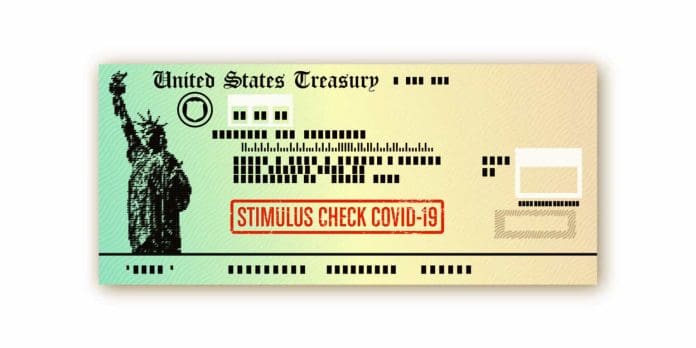The current ongoing pandemic inflation is taking its turn on the daily lives of people, as the government all over the globe has come up with state-funded financial aid such as stimulus checks to help residents with financial stability and ease up on the rising economic burden over families.
What’s The Major Difference Between Stimulus Checks And Disaster Distribution? How Do They Work
The government of the United States has dispersed rebate checks to all of their taxpayers along with disaster relief payments that were offered in the light of the given situation. But now the question uprises whether these two payments will be considered to be the same.
In short, the answer will be no. Disaster Distribution and Stimulus Checks are in fact two distinctive varieties of financial aid that have different purposes to assist.
Coming down for the main difference is that, Stimulus Checks better known as economical impact relief payments were made by state federals to provide eligible applicants with the stimulated help that can stabilize the economy in that moment of crisis.
The checks were typically purposed to be based on the recipient’s status of tax filing and income rate. The payments were distributed during the high of the COVID-19 pandemic which stemmed as the assistance that families and individuals could depend on to help cope with financial inflation happening at that time.
Whereas, disaster distribution is categorized as payments issued by the US government for businesses and families that were directly under the impact of any natural calamities, like wildfires, hurricanes, floods, etc.
These payments were intended for victims of such natural events and to assist them with financial support, the payments are been distributed via different channels each having its own distinctive eligibility criteria. The Stimulus Checks gets typically dispersed by the Internal Revenue Service (IRS), whilst disaster distribution is offered by Federal Emergency Management Agency (FEMA) which works in cooperation with local governments and states.






